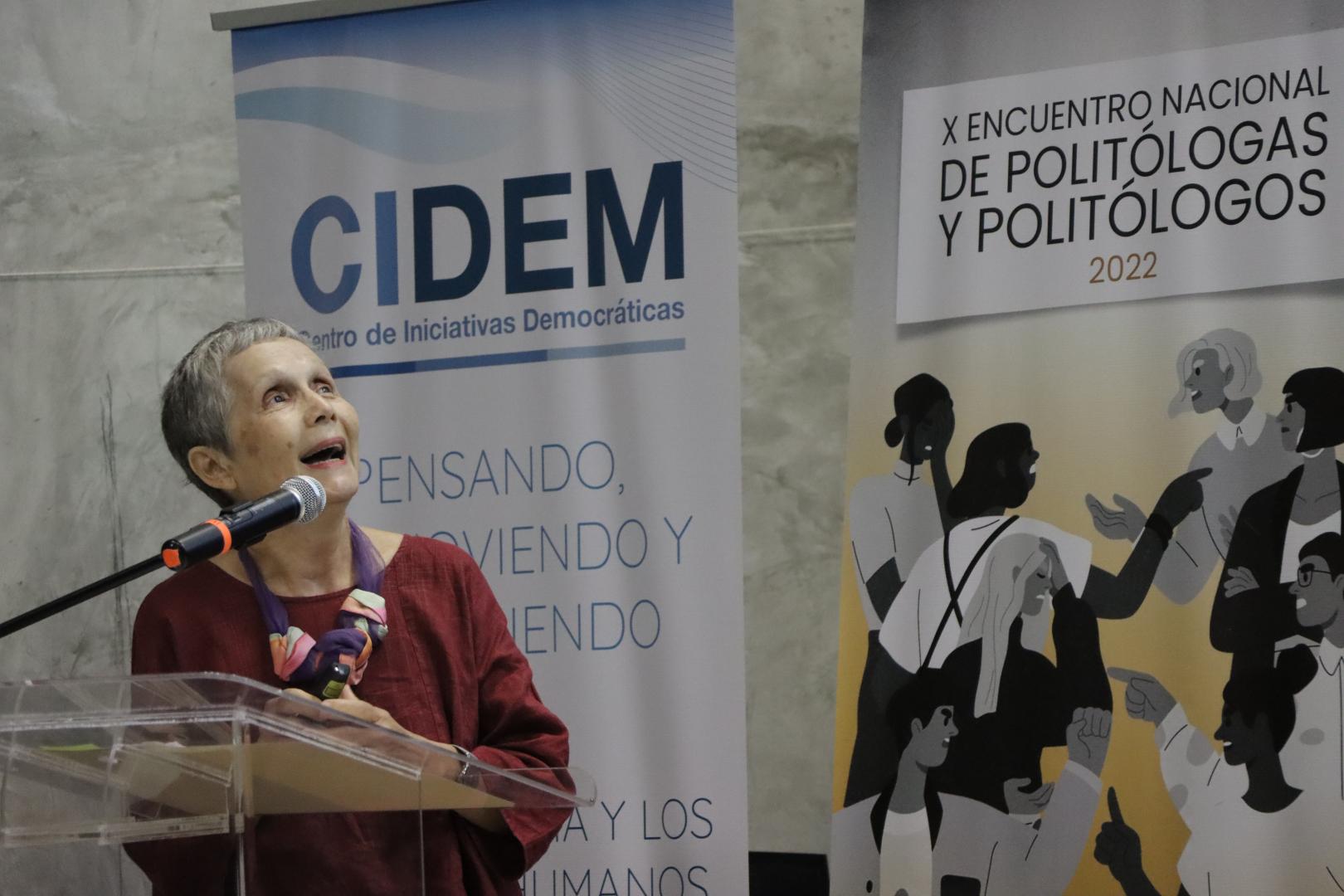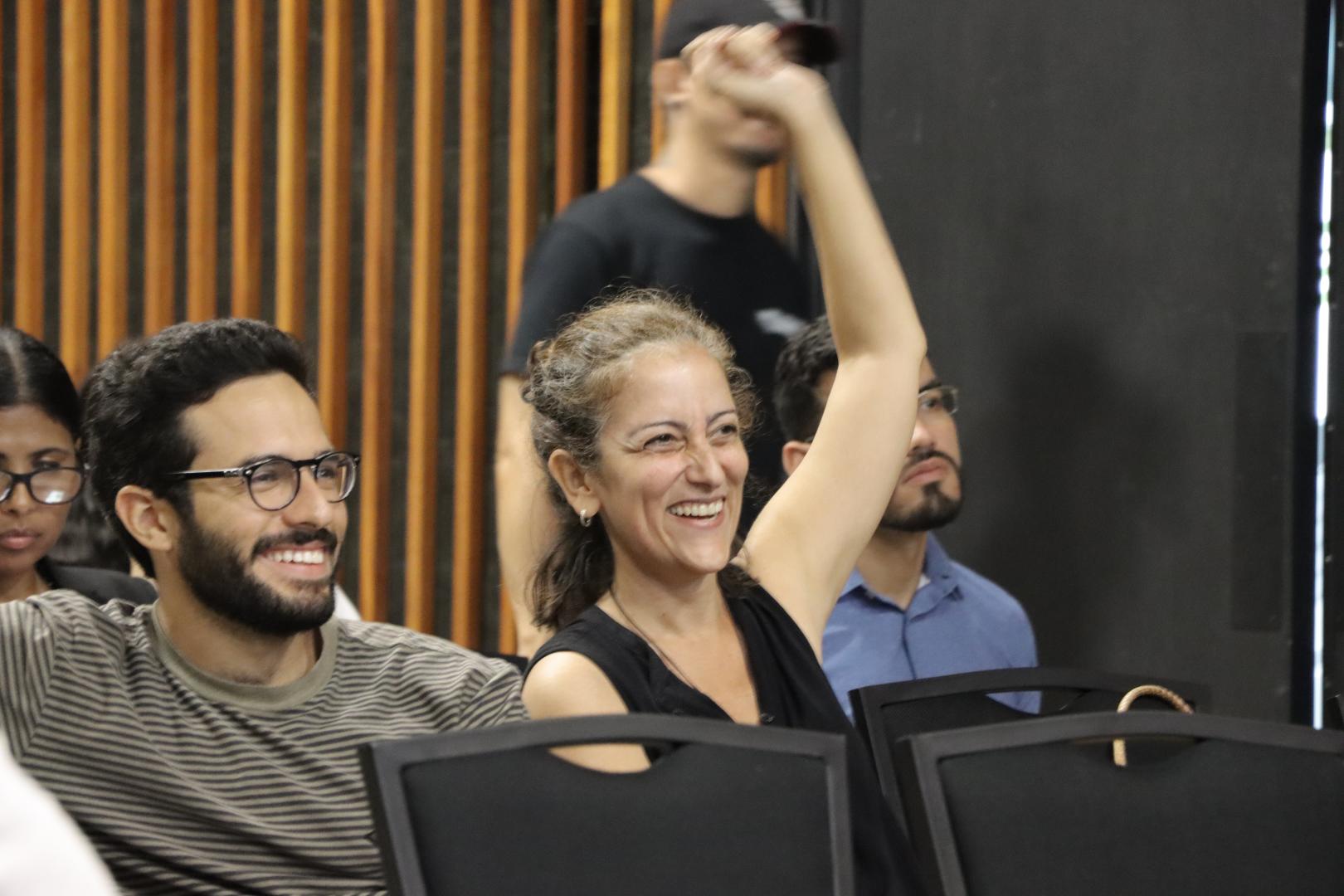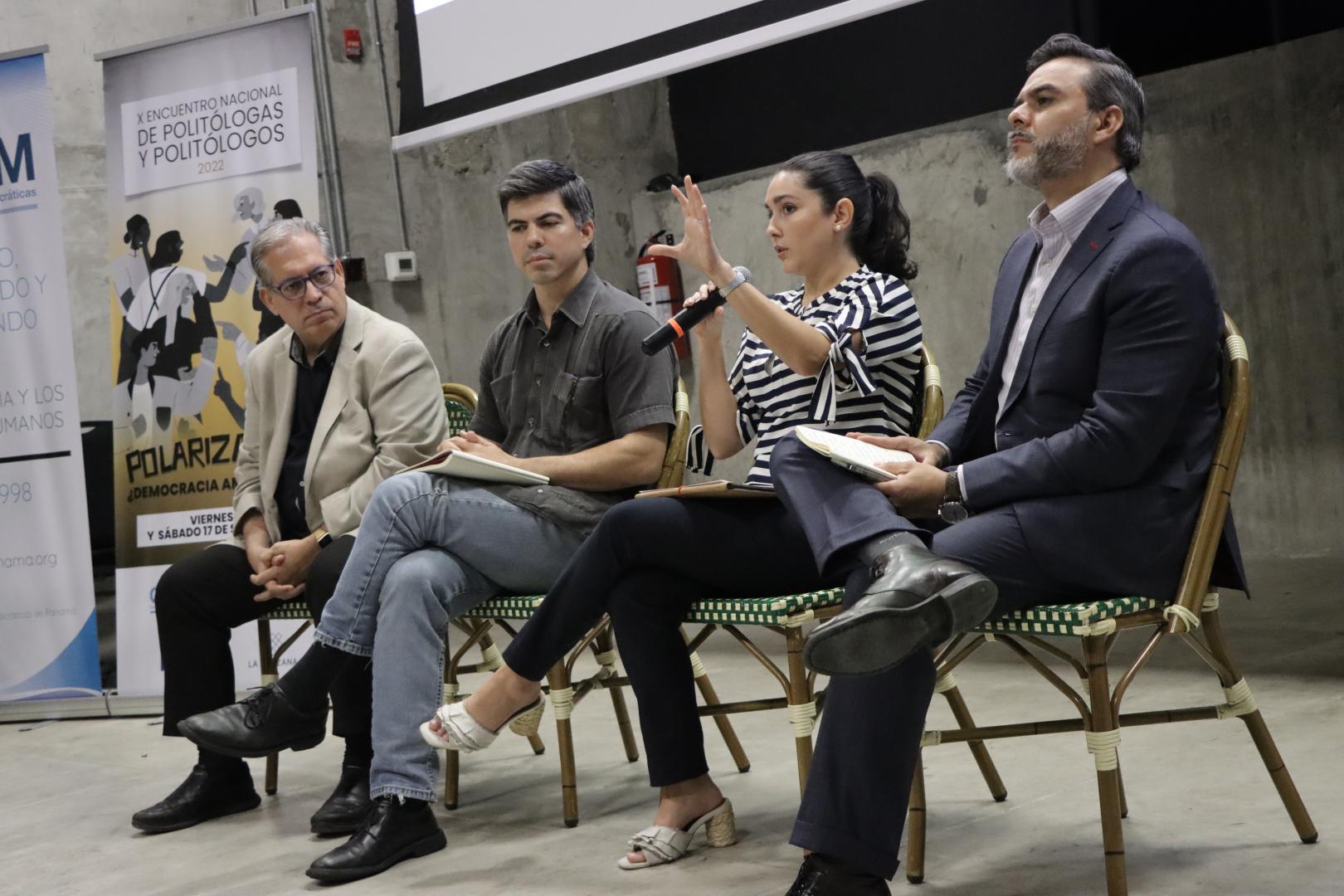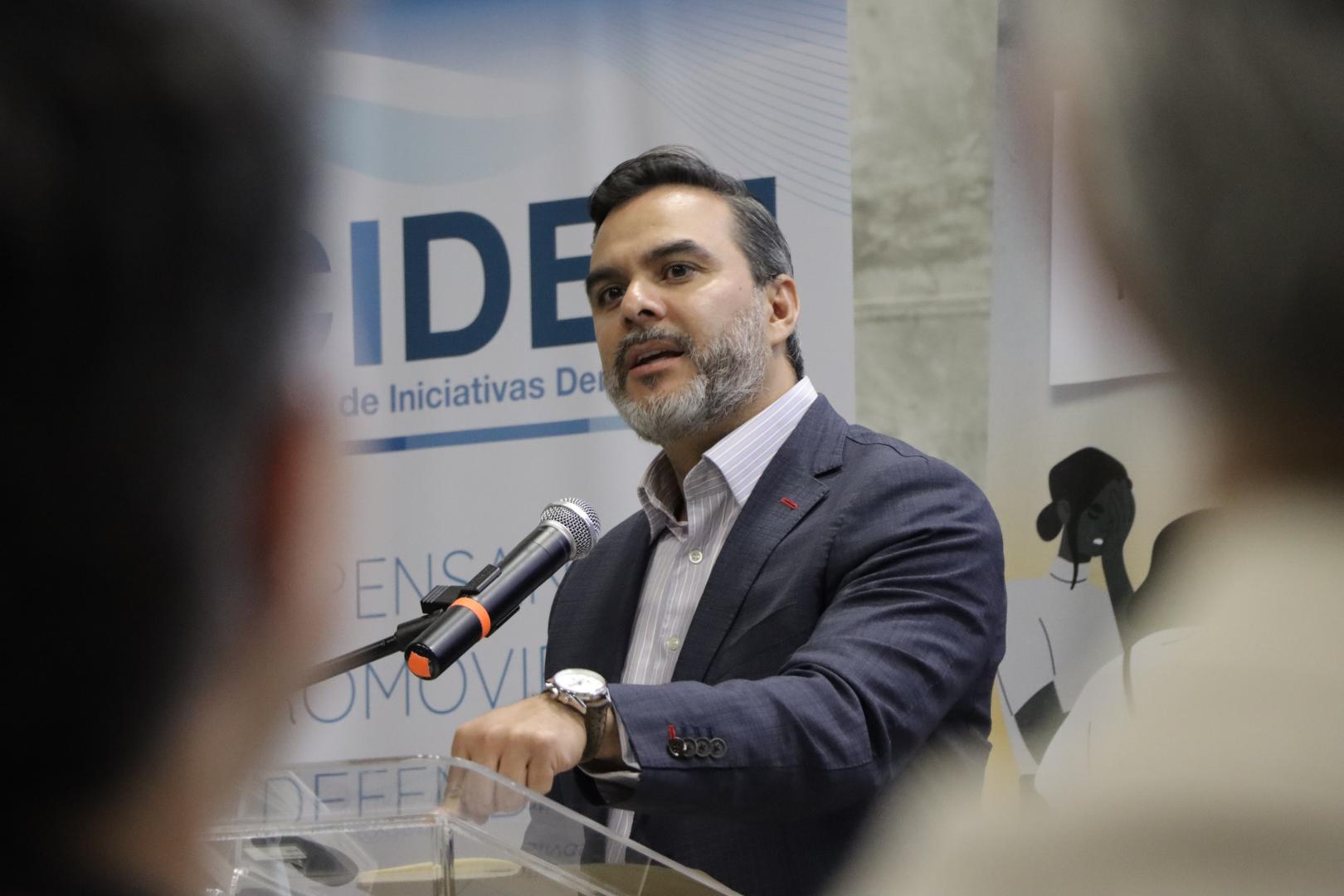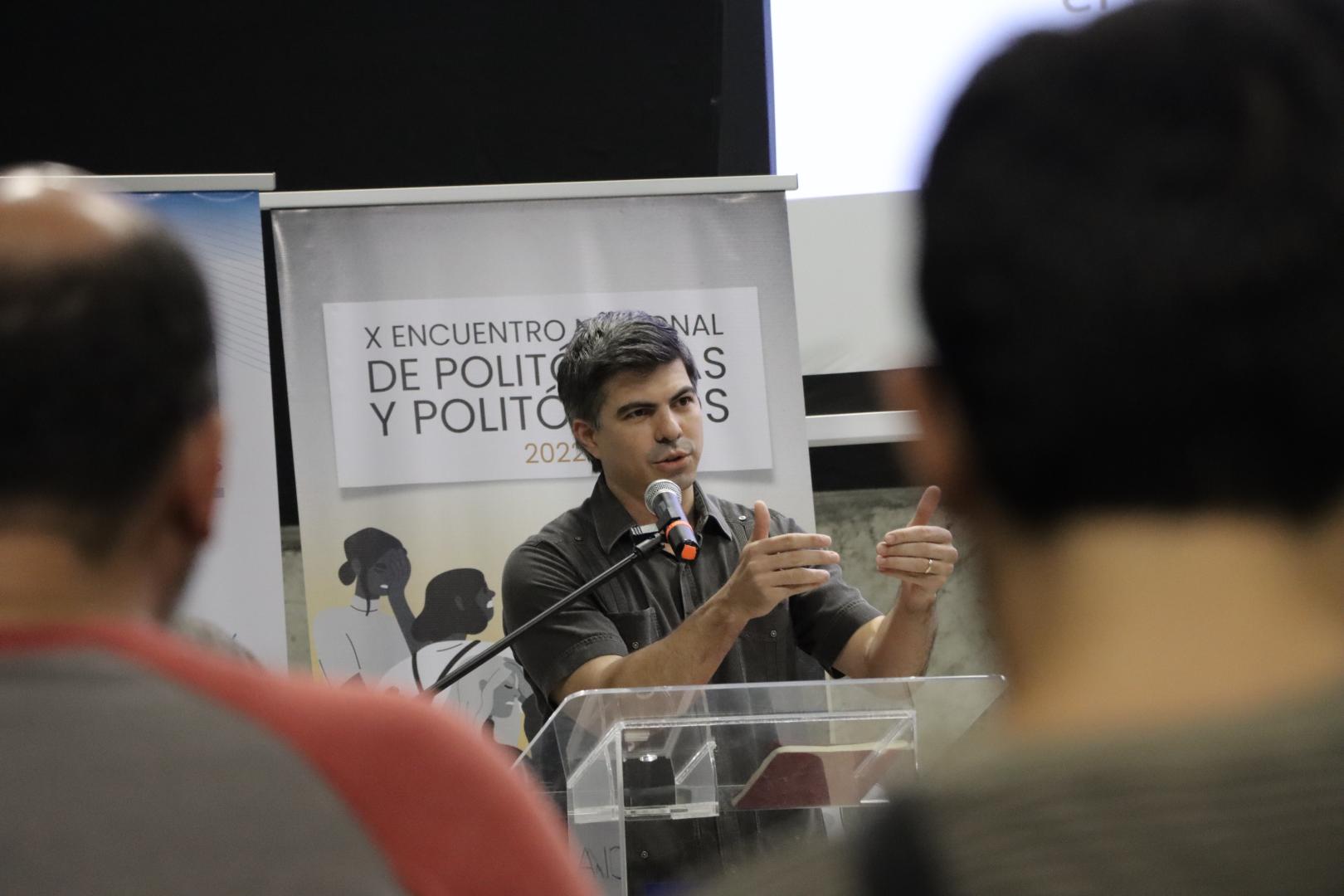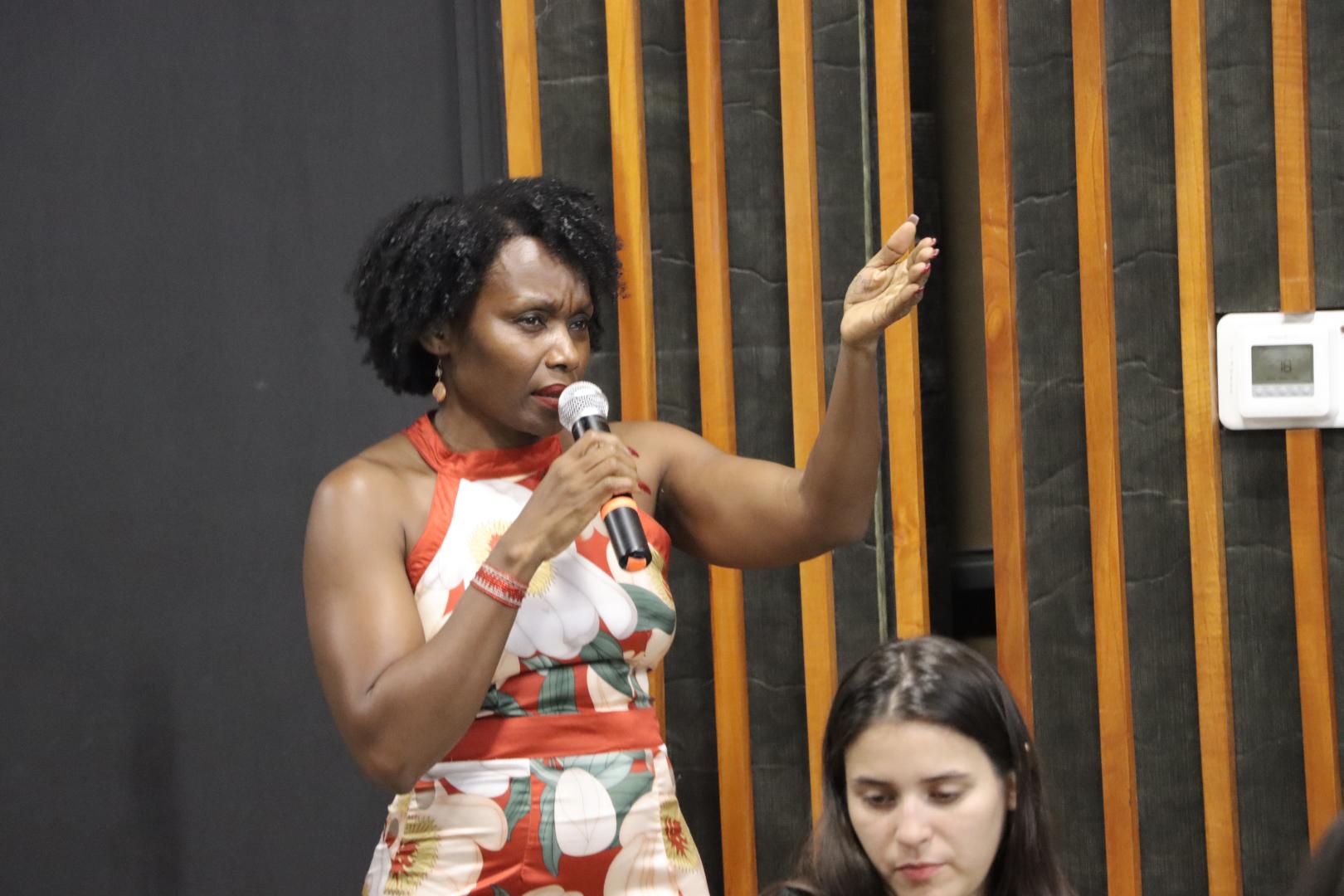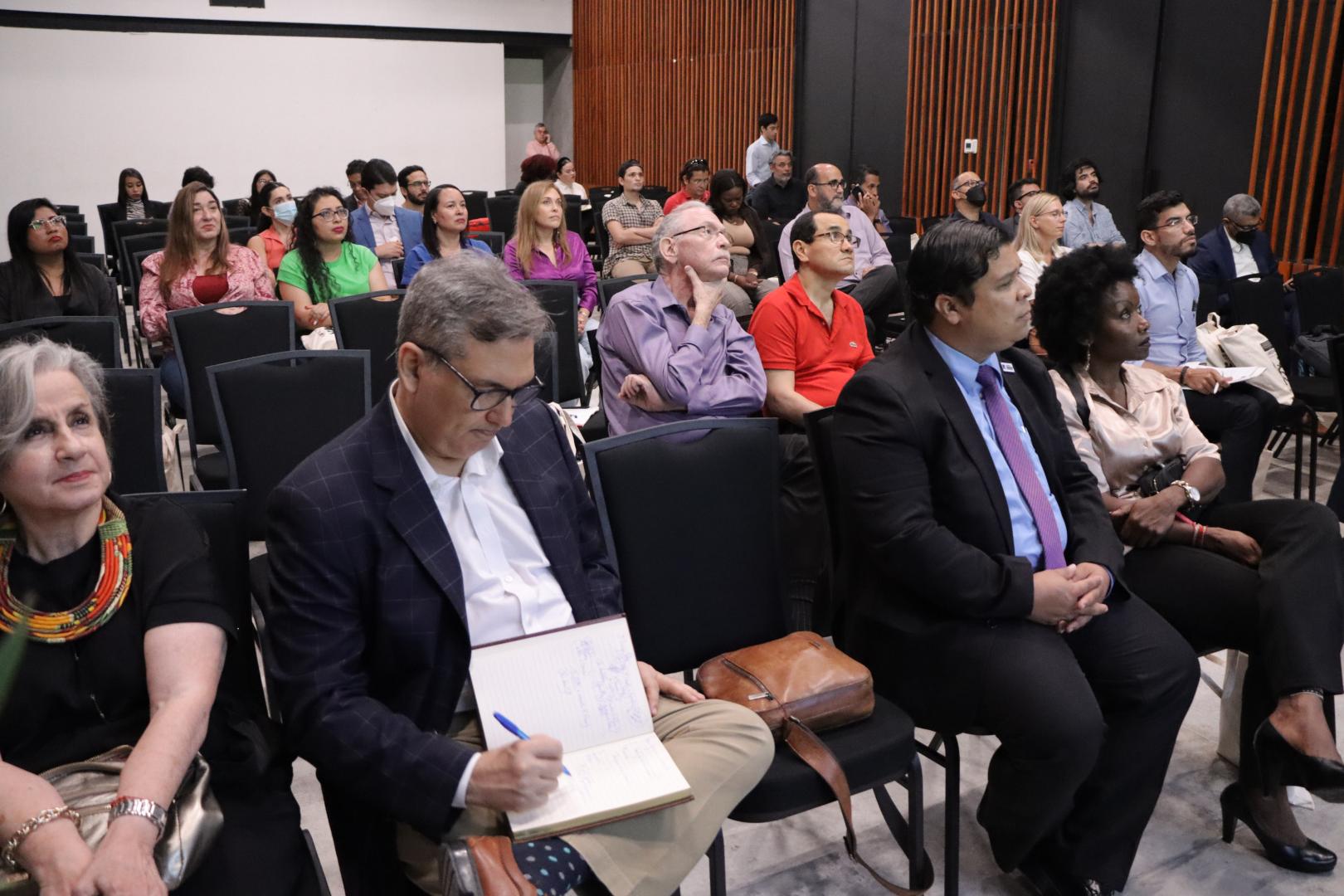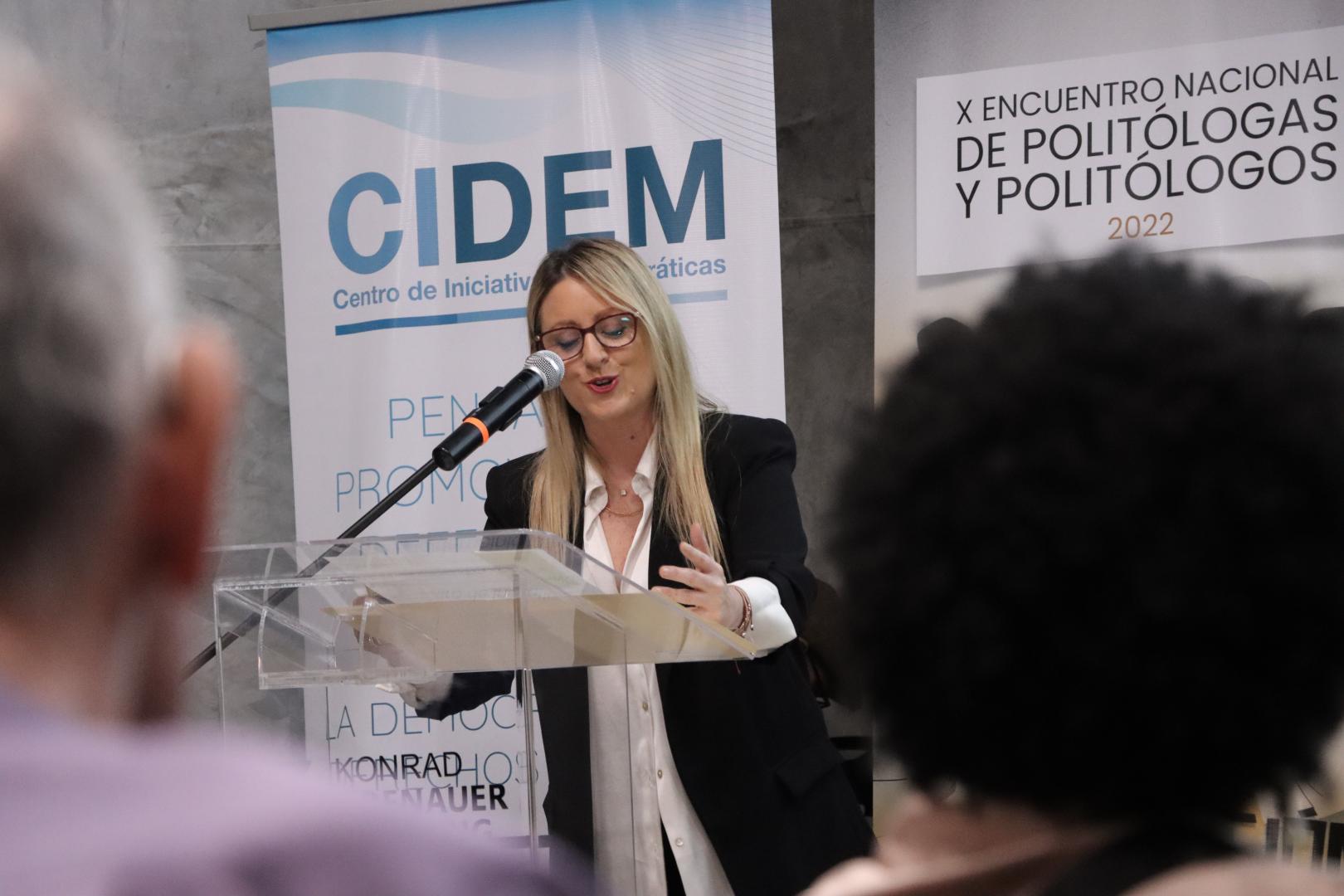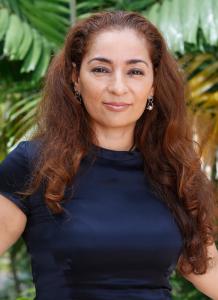Specialists discuss for two days on political polarization in Panama and the region
Closing reportage by: María Judith Arrocha
On September 16 and 17, 2022 the Konrad Adenauer Foundation together with the Center for Democratic Initiatives of Panama, the Canadian Embassy and La Manzana de Aanta Ana held the Tenth National Meeting of Political Scientists, with the theme centered on the slogan: "Polarization - Democracy Threatened?"
This Meeting is organized every two years by the Center for Democratic Initiatives (CIDEM). For this edition, the meeting was held over two days with the participation of ten national and three international panelists, who presented their papers at three discussion tables, plus two keynote lectures. At the tables, the panelists responded to the trigger questions prepared by the event's organizing committee and shared with the participants beforehand.
During the first day of the event, there was the intervention of CIDEM's strategic partners plus the keynote address by Dr. Flavia Freidenberg. In this intervention, Dr. Flavia first took us through a conceptual journey, placing us in the "here and now", in terms of approaches and classifications that account for different ways to address polarization. In addition, she evidenced for us with VDEM data the way polarization takes shape in Latin America and the world.
He also shared his conclusions to overcome polarization, among them: more elections and strong institutions, rule of law and less corruption, more moderation, critical thinking and consensus, space for dialogue, negotiation strategies and political agreements, more civic culture, public information, collaboration and cooperation among society, institutional cooperation and promoting the presence of more women politicians and other underrepresented groups in power.
Regarding the Panamanian reality, Dr. Flavia shared with us what V-DEM INSTITUTE stated that "rich people enjoy a dominant position of political power, people with average income can say little, and poor people have essentially no influence", which structurally stresses society. However, he also highlighted that, in Panama, in comparison with the region and the rest of the world, hate speeches are not observed: one of the ways used to measure political polarization.
The second day of the Meeting began with the virtual intervention of Dr. Jorge Gargarella, who participated via live videoconference. In his intervention he shared with us that the diagnosis of polarization must be adjusted in order to be able to adjust the response and he emphasized that the diagnosis he makes is provisional for a novel and complex problem. He shared his ideas on what economic, social, political and constitutional inequality is, understanding the latter as the concentration of power in a few people; on how our governments have become verticalized, closing the spaces for a political elite, where a centralization of power has been generated instead of democratizing it.
At the end of the keynote speeches, the participants took part in round tables. The first table was led by Giulia De Sanctis, together with Alonso Illueca, Nelva Araúz Reyes and Linx Arango, who addressed some of the breaking points within the theme of Human Rights, which were migration, gender and human rights LGBTQI community.
The second roundtable was moderated by Lina Vega, with the participation of Jessica Young, Lider Sucre and Oris Sanjur. The theme of the table was sustainability, environment and science.
The third round table was moderated by Jorge Giannareas and integrated by Richard Morales, Ana Carolina Díaz and Roberto Heycher Cardiel Soto. This roundtable analyzed the elections, dangers and lessons learned in the electoral system. The round table also developed its theme with a view to the national electoral contest in the country in 2024.
A well-deserved space was dedicated to pay tribute to Dr. Ana Victoria Sanchez by Dr. Claude Verges de Lopez. The closing of the meeting was in charge of the vice-president of CIDEM, Alfreado Castillero.
Topics
Doubling Down, not Backing Down
Why an independent Digital Ministry is indispensable and how it could be structured
Bundestag election 2025: France hopes for policy change in Germany
Municipalities in (demographic) change – Strategies to reduce regional imbalances
No clear winner in the parliamentary elections in Kosovo: Forming a government will be complicated



